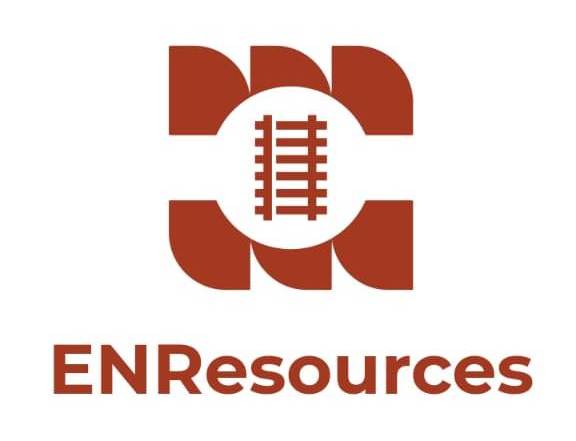
Introduction
In the world of academia, a successful and excellent essay or dissertation is essential for demonstrating not only your understanding of a subject, but also your capacity for independent thought, critical analysis, and the presentation of compelling arguments. This is the case regardless of whether the writing assignment in question is an essay or a dissertation. In spite of this, getting A+ grades on a consistent basis can feel difficult if you don't have any good strategies. This article will provide you with ten straightforward strategies that will assist you in excelling in all of your academic writing assignments, including essays and dissertations.
1. Understand Your Topic Thoroughly:
According to Kaplan and Duchon (1988), one of the most important aspects of writing a quality essay is having a comprehensive understanding of the topic. Put an emphasis on research, go above and beyond what is covered in class, and gather as much information as possible about the subject of your essay or dissertation.
2. Structure Your Work:
Every essay needs to follow the standard three-part structure, which consists of an introduction, the body, and a conclusion. In the introduction, you will present both your topic and your perspective on it. In the body of your paper, you will present the key arguments and evidence to support your perspective. Finally, in the conclusion, you will summarize your findings.
3. Create a Thesis Statement:
Your primary argument or perspective on the subject of your essay should be outlined in a thesis statement. This sentence is the cornerstone of your essay, and it acts as a map for the reader to follow as they move through your work.
4. Use Reliable Sources:
It is possible that the availability of numerous sources of information will become overwhelming. Make sure that you use reliable sources that are also pertinent to the subject of your paper. There is a wealth of information that can be found in scholarly journals and articles, as well as books and official reports.
5. Practice Critical Thinking:
In academic writing, critical thinking is an essential component. According to Elder and Paul (2006), it requires an evaluation, an analysis, and a synthesis of the information in order to formulate a logical argument.
6. Proper Referencing:
It is essential to give credit where credit is due when using the work of others to support your arguments. According to Butler and McMunn (2006), adhering to the referencing style of your institution is one of the most effective ways to prevent plagiarism and makes a significant contribution to the authenticity of your paper.
7. Review Your Grammar:
Make sure that your essay does not contain any grammatical errors, mistakes in punctuation, or spelling errors. According to the Harvard College Writing Center (2018), having solid grammar improves the readability and credibility of your work.
8. Seek Opinions:
Get feedback on your work from your instructors, friends, or a professional proofreading service before you turn it in. This will assist you in determining any areas of weakness, allowing you to make improvements where they are required.
9. Avoid Plagiarism:
Make use of programs that can detect instances of plagiarism, such as Turnitin, Grammarly, and Copyscape. Always keep in mind that the originality and authenticity of your writing carry a significant amount of weight in academic writing.
10. Practice:
It is said that practice makes perfect, so put these strategies into action across all of your projects to hone your abilities and ensure that your work is consistently of a high quality.
Conclusion
If you incorporate these straightforward strategies into your academic writing, you should have no problem achieving an A+ grade in all of your essays and dissertations. They have the potential to enhance your writing abilities as well as improve your academic performance. Last but not least, keep in mind that the qualities of patience, perseverance, and commitment are just as important as the strategies presented here in order to achieve your academic goals.
Relevant Hashtags: #EssayWriting, #DissertationTips, #AcademicSuccess, #WritingStrategies
About the Author

Emmanuel is a freelance research writer, project manager, and business development professional with over 20 years of industry experience. He is the convener of the “Dissertation Questions and Answers WhatsApp Group for International Students in the UK”. A WhatsApp group that provides free research writing guidance and counseling. The WhatsApp group is specifically created to provide a platform for international students to connect, share knowledge, and find solutions to their dissertation and career-related challenges.
Citations
1. Elder, L., & Paul, R. (2006). Critical thinking: The nature of critical and creative thought. Journal of Developmental Education, 30(2), 34.
2. Kaplan, R. M., & Duchon, D. (1988). Combining quantitative and qualitative methods in the analysis of longitudinal data. Journal of aging studies, 2(4), 327-343.
3. Lipowski, E. E. (1997). Developing great research questions. American Journal of Health-System Pharmacy, 54(18), 2004-2006.
4. Butler, S. H., & McMunn, N. (2006). A teacher's guide to classroom research. McGraw-Hill Education, 1-8.
5. Harvard College Writing Center, 2018. Strategies for essay writing. Harvard College Writing Center.


